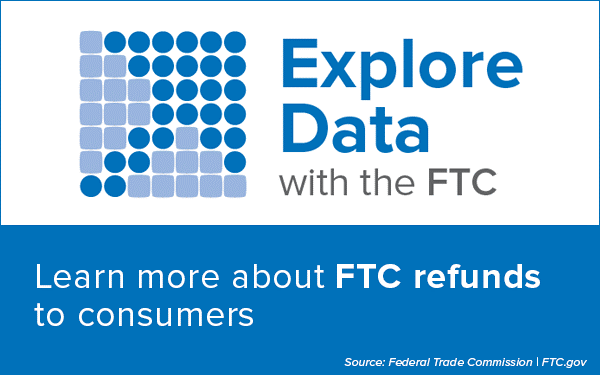The Federal Trade Commission is returning more than $1.1 million to consumers who paid for an allegedly bogus money-making opportunity that called itself “8 Figure Dream Lifestyle.”
The FTC sued 8 Figure Dream Lifestyle LLC and nine co-defendants in 2019 as part of a crackdown on robocallers across the country. In its complaint, the FTC alleged that the defendants used a combination of illegal robocalls, live telephone calls, text messaging, internet ads, emails, social media, and live events to market and sell consumers fraudulent money-making opportunities.
According to the FTC’s lawsuit, the defendants consistently made false or unsubstantiated claims in their marketing about how much consumers could earn using their programs. In reality, the lawsuit says, consumers who bought the programs rarely earned substantial income, typically lost their entire investment, and often incurred significant loans and credit card debt—tens of thousands of dollars, in some cases.
Under two stipulated court orders, the defendants agreed to settle the FTC charges last year. As a result, they are banned from selling money-making or business coaching programs, and nine of the defendants are banned from using robocalls for most purposes, including marketing or advertising. In addition, three defendants are banned from selling any investment opportunities. The defendants also surrendered funds to the FTC, which the agency is using to provide these refund payments to consumers.
Payments averaging $460 will be sent to 2,506 consumers, including 1,498 checks and 1,008 PayPal payments. People who receive checks should deposit or cash them within 90 days, as indicated on the check. Recipients who have questions about their checks or the refund program can call JND Legal Administration at 1-888-691-3551. The FTC never requires people to pay money or provide account information to cash a refund check.
The FTC’s interactive dashboards for refund data provide a state-by-state breakdown of FTC refunds. In 2020, FTC actions led to more than $483 million in refunds to consumers across the country, but the United States Supreme Court ruled earlier this year that the FTC lacks authority under Section 13(b) to seek monetary relief in federal court going forward. The Commission has urged Congress to restore the FTC’s ability to get money back for consumers.
The Federal Trade Commission works to promote competition and to protect and educate consumers. The FTC will never demand money, make threats, tell you to transfer money, or promise you a prize. You can learn more about consumer topics and report scams, fraud, and bad business practices online at ReportFraud.ftc.gov. Like the FTC on Facebook, follow us on Twitter, get consumer alerts, read our blogs, and subscribe to press releases for the latest FTC news and resources.
